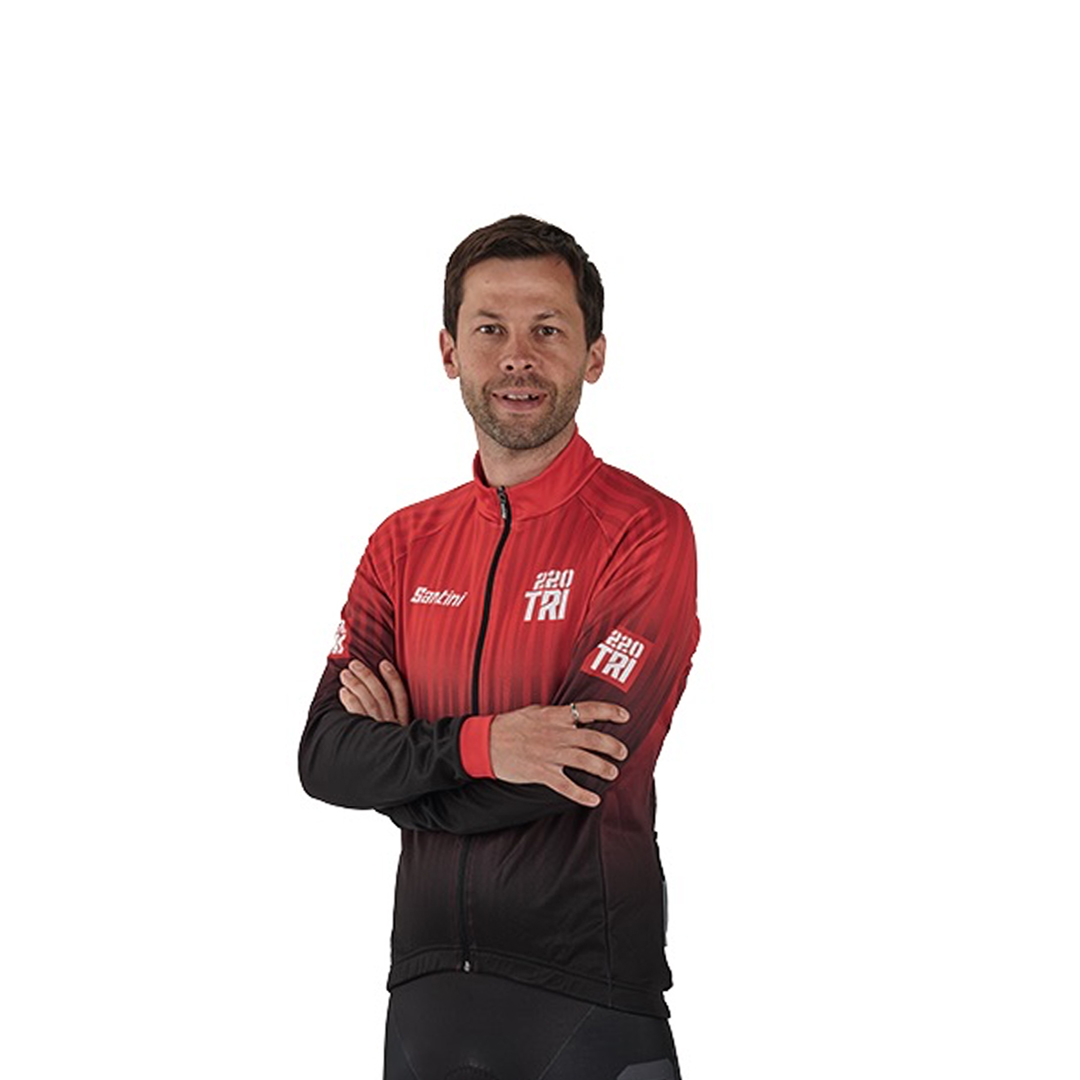No-one expected Canada’s Simon Whitfield to win at the 2000 Summer Olympics. Along with his then-coach Lance Weston, he tells Andy Blow how he achieved the triathlete’s ultimate…
If anyone ever writes The Complete History of Triathlon, the events that took place at Sydney 2000 deserve a whole chapter of their own. They were the first time that our sport had been invited to join the Olympic party and everyone, quite rightly, got rather excited.
In both the enormous pre-race hype and extensive post-race analysis of the men’s event, there was a common theme – the name Simon was on everyone’s lips. But not the ultimately successful protagonist.
The media favourite was our own Simon Lessing, who at the time was dominant. Home town hero Peter Robertson was mentioned as a contender, as was fellow Aussie Miles Stewart.
But few, if any, commentators predicted a Canadian on the podium. So the scene was set for a huge upset when a skinny bloke from Victoria, British Columbia, came belting along the blue-carpeted finish straight in the lead, 1 hour 48 minutes and 24 seconds after the gun to take the first men’s Olympic triathlon title.
Simon Whitfield wrote himself into the triathlon hall of fame that day and, with the help of the man himself and his coach at the time, Lance Watson, we’ve been lucky enough to gain a personal insight into the moments that defined that day.
Training
In the build-up to Sydney, Whitfield had been racing on the ITU circuit and had just started to make a name for himself. He was selected for the Olympics after a great second place in the Brazilian round of the World Cup in March, 2000.
“This got him really believing in himself,” says Lance Watson, who’d started working with Whitfield in 1999 on the Gold Coast, Australia. “The Litmus test”, as Watson puts it, came in July 2000 at the World Cup race in Cornerbrook, Canada, where Simon took another second place on a tough course, this time by outrunning the entire pack he’d come off the bike with. A sign of things to come.
Over the remaining weeks before the Games, Lance and Simon worked closely together, often in the company of Aussie star Greg Bennett, who Simon describes as being “like a big brother”.
After being put in, then cast out of the Australian squad late on, Greg very selflessly turned his attentions to helping Whitfield, which both Lance and Simon cite as being a real asset during their preparations.
They ran 1km repeats, with Simon regularly getting under 2:40mins, and an 8km TT loop on a golf course, which he scythed a staggering 90secs off in the final two-and-a-half months of preparation.
“The final weeks are always about polishing an athlete’s diamonds,” says Watson and, in Simon’s case, that meant honing his anaerobic run speed, so that if he was in amongst it at the finish, he’d have a kick ready.
“When he ran a 54sec 400m at the end of a hard track workout in Nike Air Max trainers, not spikes, we knew he was in great shape,” says Watson.
The Games themselves arrived at the end of the northern hemisphere summer and both Simon and Lance remember really lapping up the whole Sydney experience when they arrived before the race, while at the same time sensing a lot of nerves from many of the ‘favourites’. “Lessing just did not seem to be enjoying the occasion,” Whitfield recalls. “But I was having a blast!”
The race
Talking about the race, Simon uses phrases like “it just all came together” – even with a bike collision, where he nearly came off. “The crash was almost the perfect stimulus to fire me up,” he says.
And watching the footage of a very determined man barging his way out of T2, you can see what he means. The run was where the real action happened, though, with Whitfield getting up to the front remarkably quickly after T2 and proceeding to duke it out with Stephan Vuckovic in the lead until the German seemed to have Whitfield beaten.
“At one point I had settled for second,” admits Simon. “I was thinking, silver at the Olympics is actually quite awesome, and then I looked over my shoulder and saw third and fourth stacking up behind and thought that fourth would be terrible, so I upped the pace and Vuckovic started to come back.
"I wasn’t sure I’d got it until I was on his shoulder and started to pass him,” he continues. “It was only in the last few metres I was sure.” What comes across speaking to both men is how much fun they had racing on that historic day, which ultimately is a lesson for all us.
Whitfield on each discipline…
1.5km swim 17:56mins “I just managed it!” is Simon’s succinct assessment of his time in the Sydney harbour.
“Coming out I was just glad that it was done and that I could work with some good guys around me to get back to the lead pack on the bike.”
40km bike 58:54mins The verdict on the bike ride? “It went well. I worked with Ben Bright, Reto Hug and Miles Stewart to get back to the lead pack, which happened quite easily in the end; my legs felt good.”
10km run 30:53mins “Believe it or not it wasn’t really too much of a struggle!” admits Whitfield, almost ashamedly having run from 24th after T2 to first place, “Though I didn’t really think I would win until I’d passed Vuckovic right at the end.” Photo credit: Jero Hondo/triathlon.org
